About Me
I grew up in Huntsville, Alabama, where I went to public K-12 schools and now live in Minneapolis, Minnesota. In between, I’ve built houses with Americorps, done biological research in 7 countries, and taught at the elementary to graduate school level.
These experiences have led me to have a deep frustration with two connected and ever-widening fissures in US society—the gap between what experts and the public know to be true; and the quality of education available to students from rich and poor families.
In February of 2021, I quit my job teaching and doing research in a collaboration between Vanderbilt University and Metro Nashville Public Schools to focus my time on running Galactic Polymath Education Studio. The goal of this company is to help scientists, nonprofits, and sustainable companies achieve scalable outreach by translating cutting-edge research into mind-blowing FREE K-12 lessons.
With GP, we are trying to test out a new, more equitable business model. While most education companies are funded by charging teachers subscriptions, our lessons are free for everyone. We are funded by translating clients' complex work into engaging, standards-aligned learning experiences. For this venture to be a success, we need your help! If you support our mission please • hire us • sign up for GP Updates • email me to discuss a collaboration or • just tell a friend what we’re doing.
In my spare time, I love creative writing, cooking, and making people laugh. I’m also supremely lucky to be married to the incredible biologist, data scientist, and all-around wit: Emily J. Hudson, PhD.
- Interdisciplinary learning
- Teaching with stories
- Building empathy through data literacy (data empathy)
- Monty Python, Batman, and lots of TV & movies
PhD in Ecology & Evolutionary Biology, 2014
University of Colorado at Boulder
BA in Ecology & Evolution + Spanish Linguistics, 2006
Vanderbilt University
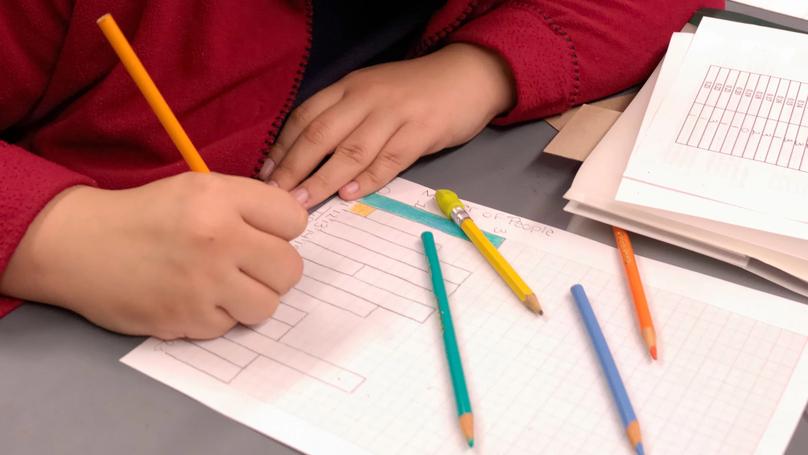
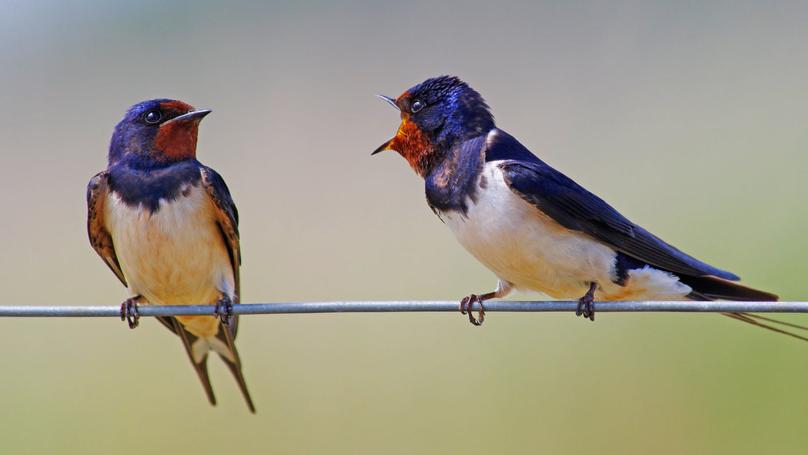
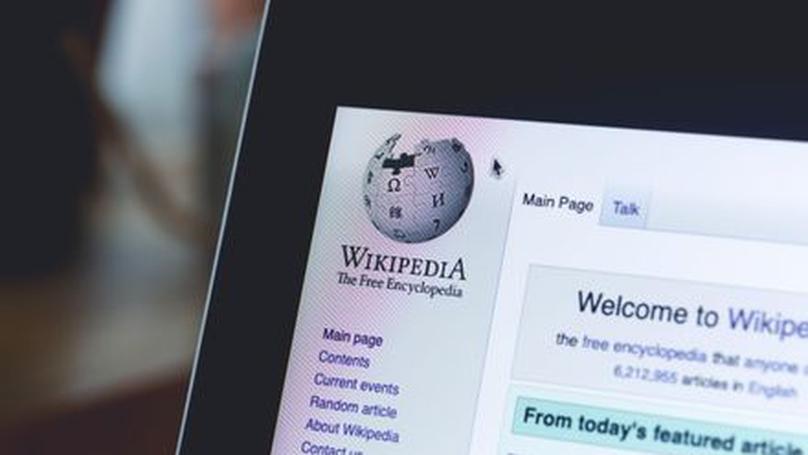
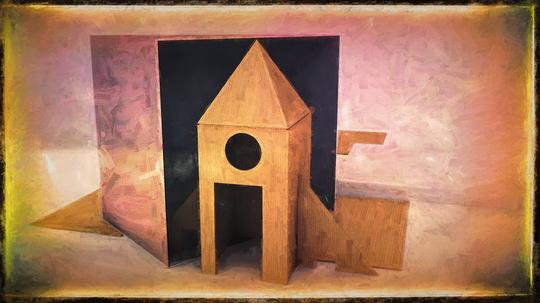
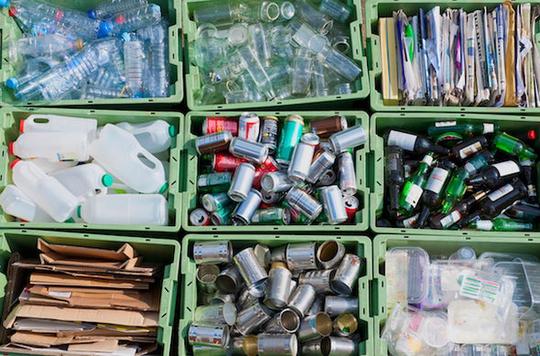
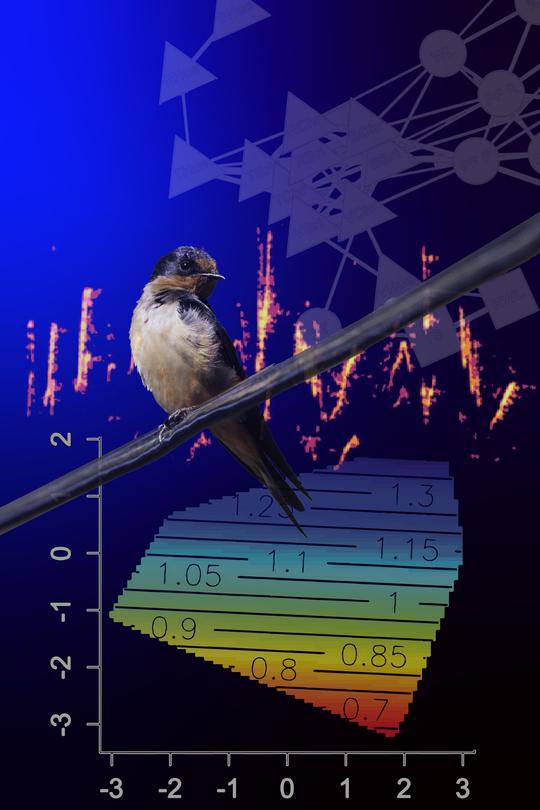
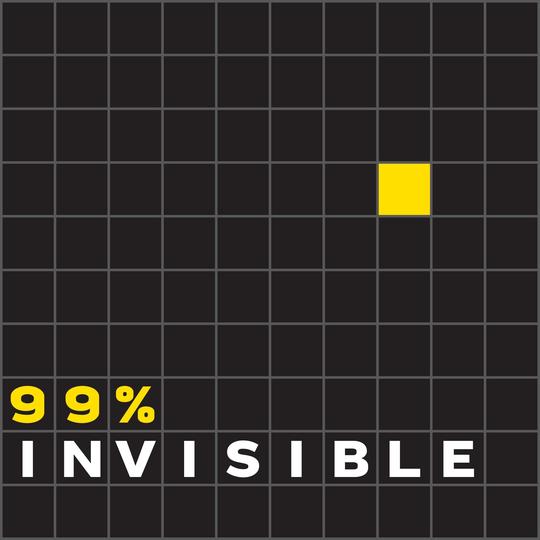
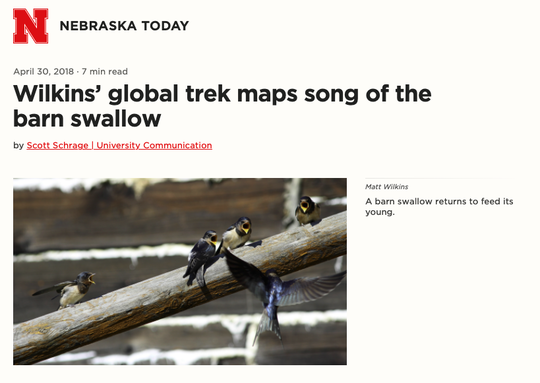

Connect with Me: